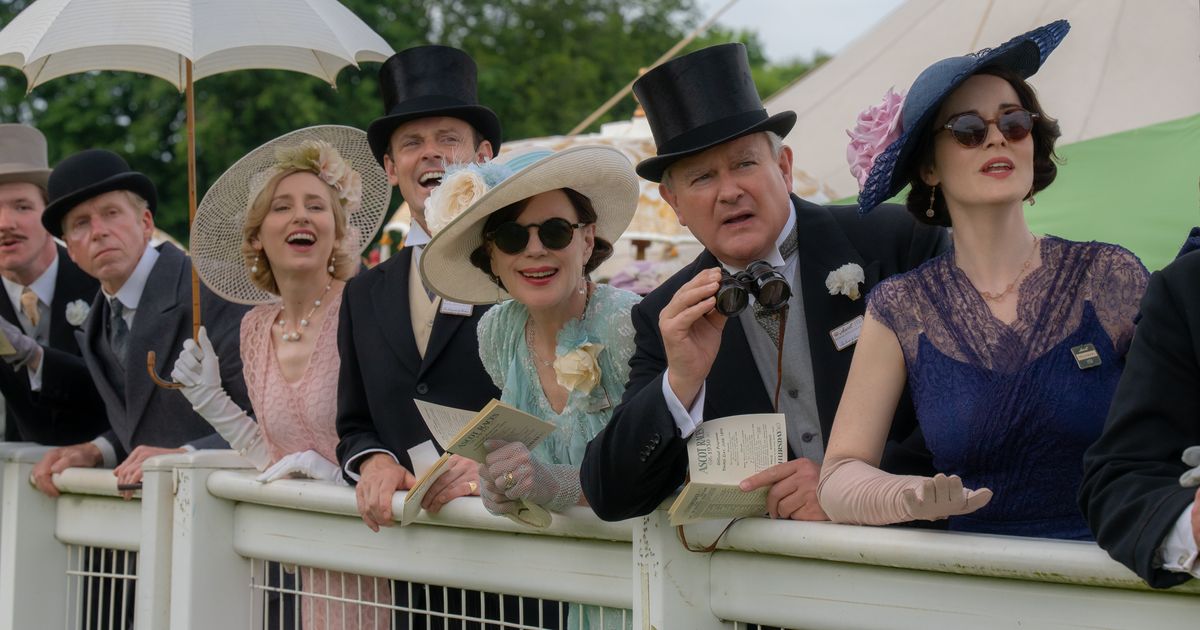
"On one hand, the film is the ultimate nostalgia bait, the third spinoff of Julian Fellowes's upstairs-downstairs series that debuted in 2010 and has endured, in some form or another, since then. It goes down easy, the atmosphere so enveloping that you basically forget how this whole project is a love letter to the aristocracy and a patronizing pat on the head for the working class."
"It reassures us that everything the ever-growing Crawley family holds dear - their money, their property, their proximity to power, and their belief in the royal hierarchy as the best way to rule - remains worthy of protection, and it also offers the thinnest sliver of forward progress to appease any worries that the series' interest in the past is also an explicit endorsement of conservatism or traditionalism."
Downton Abbey: The Grand Finale leans heavily into nostalgia, presenting an enveloping atmosphere that romanticizes aristocracy and soft-pedals the working class. The film remains narratively thin while embracing an existential despair that centers on what it means to leave Downton Abbey and how social change occurs. The story affirms that time moves forward and generations make incomprehensible choices. It repeatedly endorses capitalist values over socialist alternatives while offering a minimal concession to progress. The film reassures preservation of the Crawley family's wealth, property, proximity to power, and belief in royal hierarchy. The ending provides fan service more than radical transformation.
Read at Vulture
Unable to calculate read time
Collection
[
|
...
]